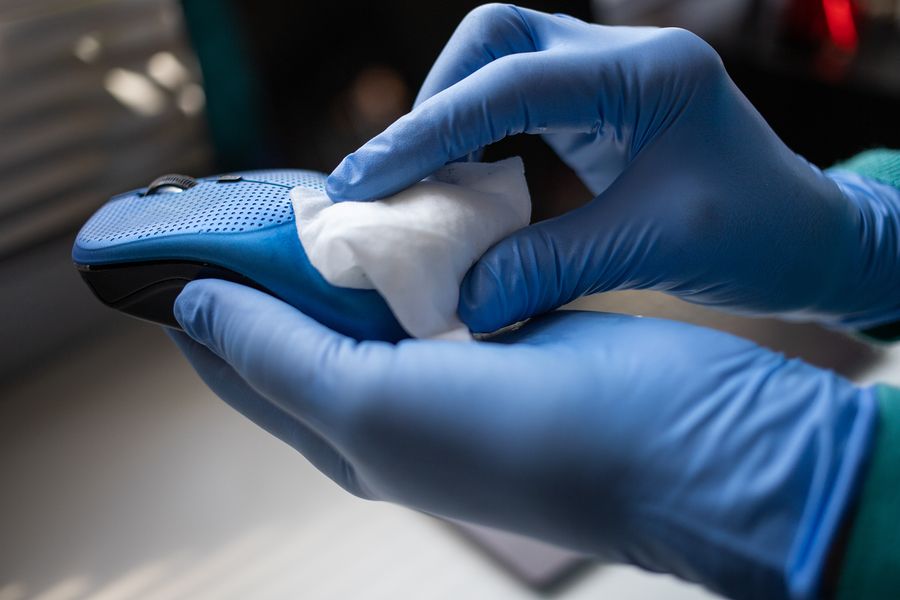
Urban Clean founder Damien Boehm has taken a stringent approach to business, and right now it’s paying off as corporate clients look to upgrade their hygiene levels and get staff back to work.
“We’ve been affected by Covid-19,” Boehm admits, “and we have adapted. We’ve seen over the last few weeks that hygiene is foremost in people’s minds. Now even the PM is talking about cleaning.”
The 100+ franchisees in the network employ cleaners to service schools, gyms, offices, manufacturing, construction and medical firms.
Boehm believes the brand’s intentionally large and diverse client base has been a huge benefit. While some clients have needed to reduce their cleaning scope or put the service on hold there have been plenty of others who have needed to increase the frequency.
Urban Clean was already in a strong position to respond to the current hygiene-conscious mood thanks to the structure and fundamentals of the business: control systems, cleaning product, and transparency.
“My breakthrough [in the business] was thinking ‘how do I stand out from competitors? How do I keep my accounts? The secret to success is keeping accounts long term,” says Boehm.
“I asked my best clients what do they want. And it came down to six things. And price was not one of them.”
Clients were concerned about who turns up to clean, and what they actually do after they get the keys.
What commercial customers want from a cleaning service
- Unique items to business
- Consistency
- Communications
- Security
- Transparency
- Professional partnership
At the brand’s core is a simple philosophy of doing common things uncommonly well.
“How do we achieve that? We break it up and make it simple and process driven.”
Urban Clean’s hygiene protocols
Boehm is proud to be setting a high benchmark in the industry to identify clean surfaces, using technology that detects whether live bacteria viruses are present.
These could be from grubby handprints or sneezes. “Some may not be harmful, and we don’t have a high incidence, so it’s unlikely these are dangerous,” explains Boehm.
A 30-day anti-microbial treatment was sourced for use on touchpoint surfaces and that has been integrated into the regular service. Franchisees report to clients on hygiene and infection control through the firm’s app.
Cleaners follow a three-step system complete with colour coding.
”We have an Urban way of cleaning, certain processes, and we’re developing and forumulating our own chemical range,” reveals Boehm.
Typically cleaning is like a utility bill, something that no-one really wants to pay or prioritise. And within five to 10 years people will go back to their pre-coronavirus ways…but not yet, says Boehm.
“Over the next two years, this is the time to get into commercial cleaning.”
What’s good for franchisees
Franchisees undertake a two week initial training period followed by ongoing learning and networking opportunities.
They start hands-on, understanding the processes and protocols, before learning how to train cleaners.
It’s common for new franchisees to take on the role part-time, maintaining their jobs and building up to a sustainable income before making Urban Clean a full time occupation.
Since the start of COVID-19 in Australia, the business has released two business opportunities with exclusive territories. Now Urban Clean is recruiting new franchisees all around Australia.

